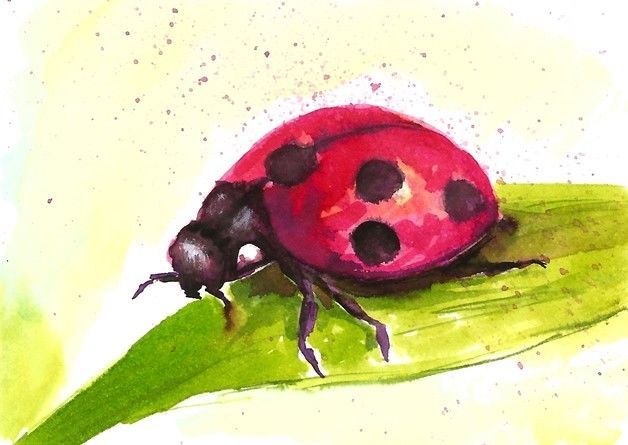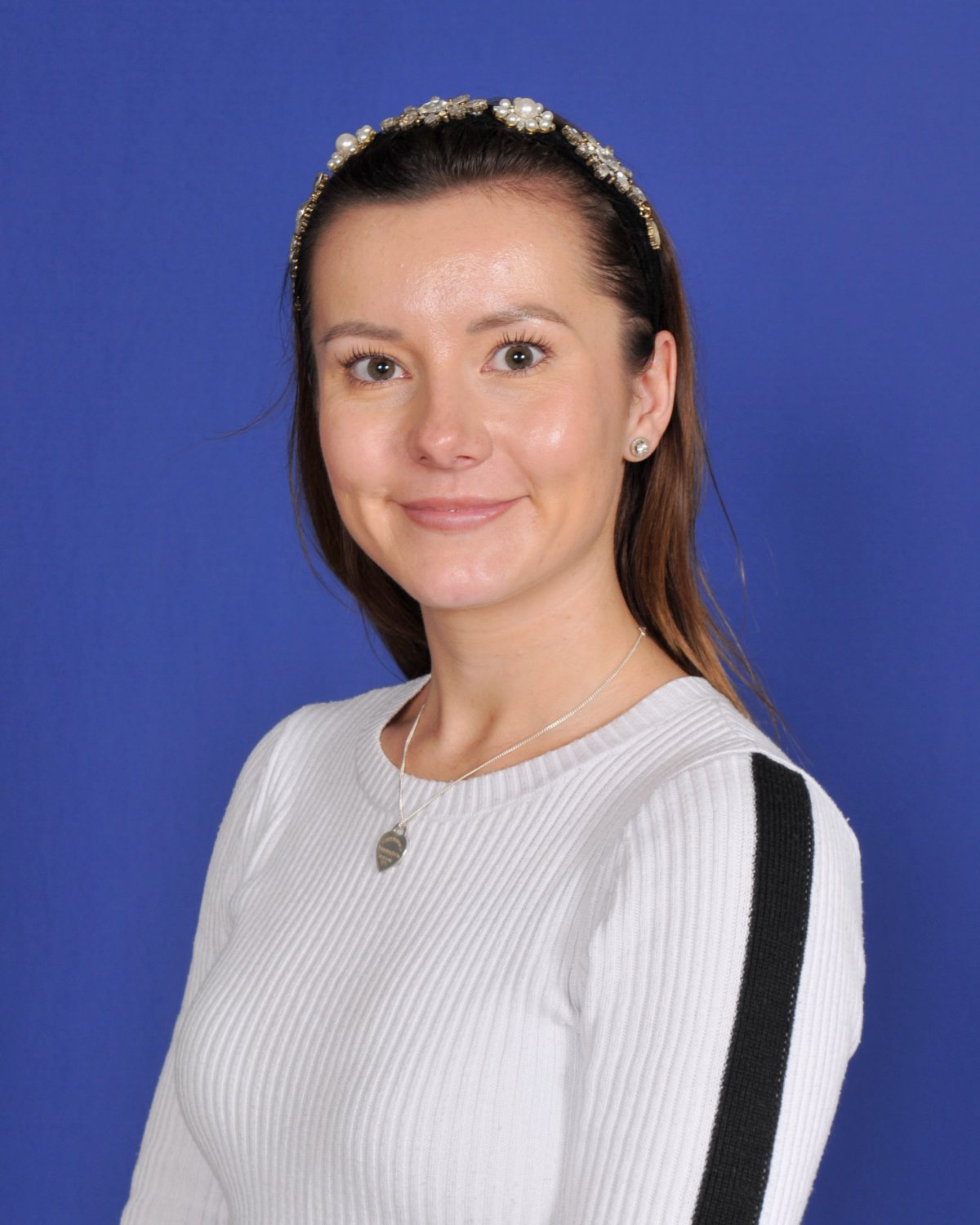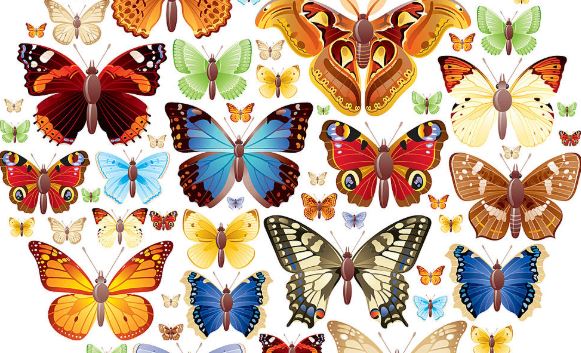Welcome to Reception

Butterfly and Ladybird are our Reception classes at the Isle of Ely Primary School. From this page you will be able to read about our curriculum each half term and all the work we get up to in and out of the classroom.
The adults that work in Reception are:
Miss Charlotte Clayton Mrs Alison Butterfield Mrs Vicky Osborne
Butterfly class teacher Learning Support Assistant Learning Support Assistant
.jpg)
.jpg)
Mrs Georgia Russell Mrs Anna Geraty
Ladybird class teacher Learning Support Assistant

.jpg)
Our Curriculum overview
Summer B
|
Communication and language |
The children will build up vocabulary to describe a pretend object in play based situations, e.g. when role playing a coronation a child might use props for their orb and sceptre. We will focus on using questions to understand why things happen e.g. who, what, when, how e.g. when a visitor comes in to talk to the class, to extend children’s ability to ask questions rather than just sharing information they know. We will also practise responding to questions using full sentences, e.g. I think… because… this will be consistently modelled by adults in all curriculum areas. The children will apply the use of intonation and rhythm when joining in with stories and rhymes. |
|
Physical development |
In everyday activities, we will continue to focus on the gross motor skills developing coordination and balance – this half term, the children will practice team games, including relay races, using racquets and balls, throwing and catching, as well as running, jumping, hopping, skipping, jumping over obstacles and skipping with a rope. The children will further develop their fine motor skills and build their ability to use a wide variety of small tools – cutlery, tweezers, pipettes, scissors to cut shapes, i.e. spirals, modelling tools for clay and play dough. We will continue to secure children’s pencil grip through writing, drawing and painting. |
|
Personal, Social and emotional development |
Children will learn about independence and build their awareness of the growing number of things they can do for themselves. We will also explore the different choices children can make if they are worried and ways of helping others. In our weekly PSHE lessons, the children will explore ways of staying safe. They will identify trusted adults who children could talk to and ask for help; we’ll learn to plan ahead to keep safer and understand and apply safety rules in different contexts e.g. sun, water, fire, railways; the children will develop a strategy to keep safer when lost. We will learn to identify common harmful substances and understand how to be safe with medicines and who the trusted people are who help them to take medicine when they need it. We will also learn to understand basic road safety skills. This half term, we will continue our learning to be able to identify and distinguish between different touches and to be able to identify how and when to tell, as well as the importance of privacy and the PANTS rules |
|
Literacy |
Children will learn to annotate pictures of monarchs with speech bubbles and thought bubbles and begin to use descriptive sentence writing for creating instructions – we will practice writing simple instructions for a familiar process in a numbered list. Children will build their ability to apply verbal sequencing using temporal connectives, i.e. First, I climbed on the climbing frame and then I slid down the big slide! The children will access a variety of high quality fiction and non-fiction texts about the monarchy and selected historical events history. We will create fact books about leaders and notice the difference between writing stories and writing information. Children will have opportunities to role play using newly acquired vocabulary e.g. role play a coronation. In Phonics, we will continue to secure all of the Set 1 diagraphs most of the Set 2 sounds. The children will continue to practise blending sounds into words at speed through reading a wide selection of ‘green words’ and ‘alien words’, as well as increase their ability to read a range of words which contain spelling patterns that cannot be sounded – ‘red words’. Children will write simple phrases and sentences with phonetically plausible attempts at unknown spellings and apply familiar ‘red words’ in their writing using their correct spellings. Our Talk for Writing texts this half term will be Somebody swallowed Stanley by Sarah Roberts and a non-fiction text How to attack a castle. |
|
Mathematics |
The children will start the half term by learning to count on and count back. This unit focuses on counting forwards and backwards from a given number in order to add and subtract. Counting on and counting back are far more efficient than some of the other methods of addition and subtraction, therefore children need to become familiar and confident with this strategy recognise, represent and manipulate numbers to 10. In the next unit of learning, we will focus on numbers beyond 10, exploring numbers from 10 to 20. Children will count to 20 and back to 0, identify one more and one less, and compare and represent numbers. This will be many children’s first encounter with two-digit numbers so it is important they understand that teens numbers are formed with a ten and some ones. The understanding of tens and ones is key to understanding the structure of numbers. At the end of the half term, the children will develop their understanding of numerical patterns. This unit introduces the mathematical patterns of doubling, halving and odd and even numbers. At this stage, children will explore the patterns and practise using the new vocabulary. Children will continue to build on this early understanding as they move through KS1 and KS2. |
|
Understanding the world |
This unit of learning introduces children to some fundamental ideas about monarchy, leadership and power. Children will learn about leaders of the world, starting from the Emperors of China; Mansa Musa, the ruler of the Kingdom of Mali; then moving onto King Charles III. They will become familiar with some key features of our monarchy including people in the Royal Family, special places and traditions. Children will begin to understand that the title of King or Queen is passed down through the Royal Family. Children will recognise the Union Jack and will understand that on special occasions the King wears a crown and sits on a throne. Children will then learn about royal building such as castles and palaces, the Royal Standard flag and coronations, and will learn vocabulary such as orb and sceptre, recognising these important parts of the coronation ceremony, especially the coronation of King Charles III. Finally, children will learn about the work of historians and explore different ways of learning about the past |
|
Expressive arts and design |
The children will study animal depictions in art, taking close look at Rousseau’s Surprised (Tiger in a Tropical Storm). The children will expand their knowledge of different art techniques and will have a go at painting real fish with ink and wax resist. In music, we will explore the work of different composers and listen to Zadok the Priest by Handel, a famous piece of music composed for the coronation of King George II. The children will enjoy instrumental activities and music and dance sessions inspired by the work of Louis Armstrong and linked to the Saint-Saëns's Carnival of the Animals and Sorcerer’s Apprentice by Paul Dukas. |
Knowledge Organiser:
Kings and Queens - Click here to find the Knowledge Organiser.
Weekly newsflash
Week Commencing 7th July
Hello everyone!
What a fun 5th week we've had!
In maths, we’ve been exploring maps, we have used our positional language to help us explore and create our own maps. It’s been wonderful to see the children engage in hands-on activities to investigate these concepts.
We’ve also continued our PKC unit, "Stories from the Past", where we explored some Ancient Greek Myths. The children loved hearing about how Prometheus brought fire to the people on Earth. They also really enjoyed finding out more generally about the Greek Gods and Goddesses.
Next week is sports day, which the children are getting really excited about. We have begun practising some of the events so they will be well prepared to score lots of points for their house! We look forward to seeing many of you there.
Take care and have a restful weekend.
Week Commencing 23rd June
Hello everyone!
What a fantastic and busy fourth week we've had!
We've started our exciting new Talk Through Stories book—"A Little Bit Brave"—and the children are already loving it. They’ve been getting to know the story and joining in with their favourite phrases with great enthusiasm!
In maths, we’ve been exploring patterns, using vocabulary such as repeat and same. It’s been wonderful to see the children engage in hands-on activities to investigate these concepts.
We’ve also continued our PKC unit, "Stories from the Past", where we explored Aesop’s Fables and the lessons they teach. The children especially enjoyed The Tortoise and the Hare and had some lovely discussions about what it means to be "slow and steady".
Isle Fest is happening this Saturday, and Reception will be running a stall with Hook-a-Duck and Tin Can Alley. We can’t wait to see lots of you there!
Week Commencing 16th June
Hello everyone! What a fantastic and busy third week we've had! We've continued with our exciting new Talk Through Stories book—"How to Be a Viking"—and the children are already loving it. They’ve been getting to know the story and joining in with their favourite phrases with great enthusiasm.
In maths, we’ve been diving into the concepts of grouping and sharing, using important vocabulary like “Is that fair?” and “equal”. It’s been wonderful to see the children exploring these ideas hands-on.
We also launched our new PKC unit, "Stories from the Past". We explored the mystery of legends and how, long ago, people would pass them down by storytelling. The children really enjoyed imagining what that might have sounded like!
Both inside the classroom and out, there have been plenty of new learning opportunities and playful enhancements to spark curiosity and creativity.
Wishing you all a sunny and restful weekend—see you Monday
Week Commencing 9th June
Hello everyone, week 2 has been a productive and varied one. We have started a new talk through stories text 'How to be a Viking'. The children have so far become familiar with the story and learnt the favourite phrases. In maths, we began exploring grouping and sharing, using vocabulary such as 'is that fair' and 'equal'. We also began our PKC unit 'Stories from the past'. We discussed Fairy tales and talked about how they would have been shared by people retelling Fairy tales using their voices. In our classroom and outside environment, there were lots of enhancements for the children to explore and learn from. Enjoy a sunny weekend, see you on Monday!
Week Commencing 2nd June
We had the most exciting start to Summer B this week with our eagerly anticipated trip to South Angle Farm. The children absolutely loved meeting all of the farm animals, both large and small! In the days that followed, the children spoke lots about what they saw and learned during their time at the farm. We would like to say a huge thank you to all of the parent helpers who came along, we wouldn't have been able to go without you! We hope you enjoyed the trip as much as we did. Take care and have a good weekend.
Week Commencing 19th May
Good afternoon all, this week has been Arts Week at IoE. Mrs Prieto did an absolutely fantastic job of organising lots of workshops for the Reception children to take part in. At the start of the week, the children met an illustrator named Melissa Castrillon. She shared several of the books she has illustrated and written. 'Love is my favourite colour' is the book that this years Arts Week is based around. Next we had a Spanish Flamenco workshop, the children were fascinated when watching the dancer while she performed. They then had a go themselves and thoroughly enjoyed it! Several other workshops followed throughout the week, including more dancing, painting and exploring lines. The children are ready for a rest after all of that fun! Have a fantastic half term, see you in a week!
Week Commencing 12th May
Hello everyone, this week the children have developed their understanding of shape. They started the week by finding shapes that don't belong, then they rotated shapes, after that they manipulated shapes and finally they practiced explaining shape arrangements. We began a new Talk Thru Stories text 'George and the Dragon' The children identified the problem in the story and the main characters. We will continue to explore the text next week.
Week Commencing 5th May
Hello everyone, this week the children started to add numbers together and take away numbers using practical and visual resources. They really enjoyed using currant buns to help them see 'First there were... Then I added/ took away.... Now there are...' We also continued to explore interesting vocabulary from our text 'Billy and the Dragon', including 'massive' and 'treacherous'. In PKC, we leaned all about the job of The King's Guards at Buckingham Palace.
Week Commencing 28th April
We have had a fun second week back: the children have been enjoying the sunny weather and have been super keen to make sure they stay hydrated and seek shade when they are feeling hot. Please can parents and carers pop on some sun screen before the children arrive at school to ensure they are fully protected, the children can then top it up before lunch time when needed. The children spent some time verbally counting beyond 20 and became more familiar with numerals 11-20. We also learned some new vocabulary from our text 'Billy and the Dragon', including 'adorable' and 'mysterious'.
Week Commencing 21st April
We have had an excellent first week back: we have reconnected as classes with our friends and teachers after the Easter break and even welcomed new children into the year group; we’ve been working hard in phonics groups – many of which were a little different after all the progress the children had made. We started our new topic Kings and Queens, the children enjoyed learning about King Charles III and the late Queen Elizabeth II.
